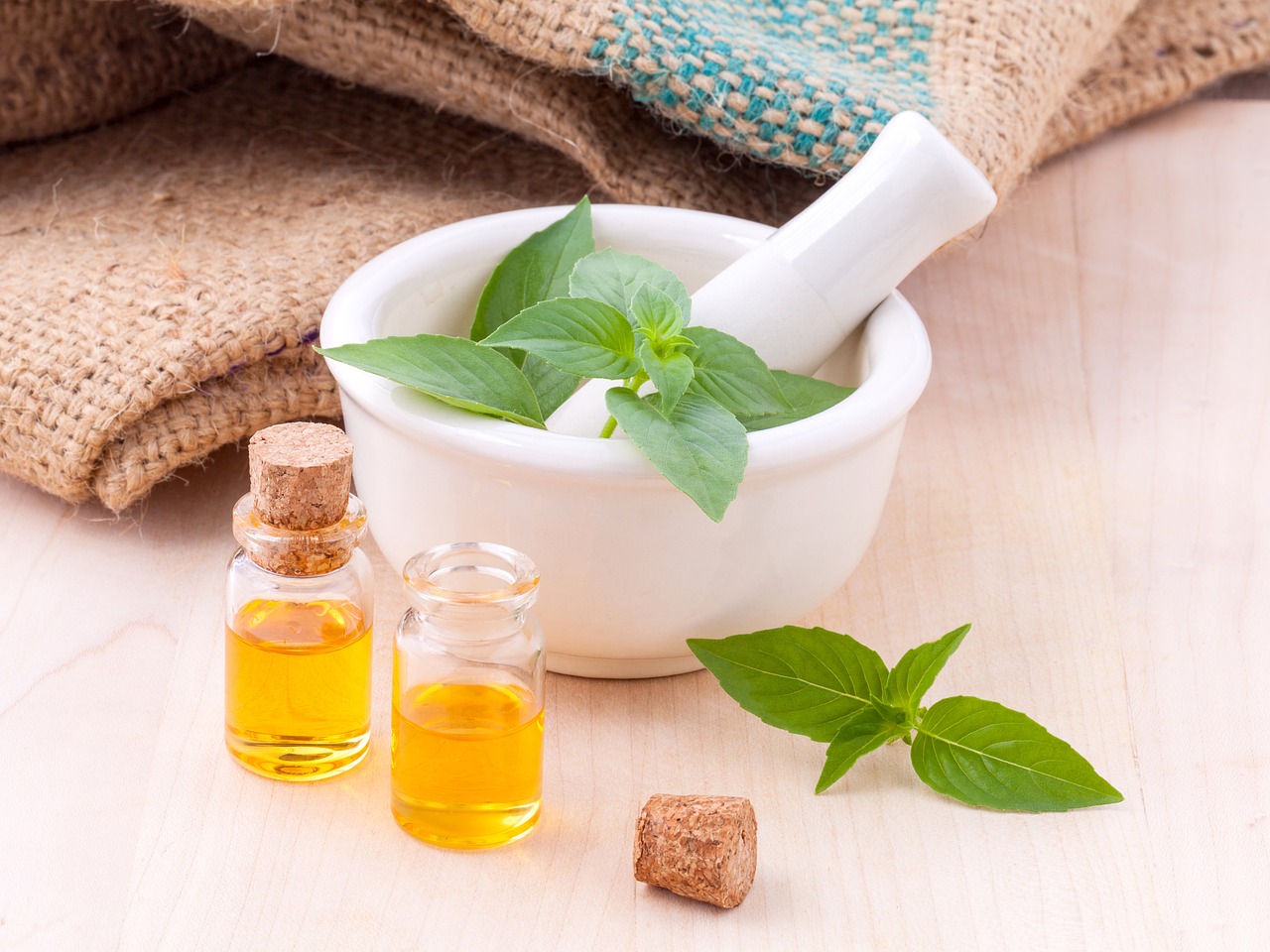A natural and cost-effective alternative.
It is widely understood by the ALS community that there are limited solutions for the treatment of this devastating disease. The widely varying progression from patient to patient makes it difficult to standardize the appropriate approach. Not enough information is known and not enough research has been done. Pharmaceutical drugs are costly, cumbersome, and the benefits are often marginal.
An alternative approach to pharmaceuticals (or even an additional approach to pharmaceuticals), is to ensure that the body has the essential supplements for ALS and nutrients that it needs to help protect against the progress of this disease and to also provide much needed energy to the cells. Often, the worst case scenario with supplementation is that nothing perceivable happens, or that there are very mild side-effects from taking these supplements, many of which already occur naturally in the body. The best case scenario, however, can be delayed disease progression, reduced severity of the symptoms, and an overall improved quality of life.
The Deanna Protocol (DP), created by Dr. Vincent Tedone, is one such approach. This Protocol was initially based on Dr. Tedone’s research with his daughter, Deanna, who was diagnosed with ALS nearly 10 years ago. According to Dr. Tedone, the DP works because it provides two primary mechanisms of action. The first, is that it provides the body with the nutritional supplementation it needs and that allows the body to properly metabolize and remove excess glutamate, the leading cause of nerve cell death. The second mechanism, is that the DP provides nerve cells (neurons) with additional energy that help keep the neurons healthy and functioning for longer.
The Deanna Protocol consists primarily of the following naturally occurring supplements:
AAKG and AKG (Arganine Alpha Ketoglutarate)
AKG is the key supplement providing energy to the cells and is required by the body to keep cells alive. The Arganine in AAKG improves the palate of the AKG and makes it easier on the stomach. Arganine also produces the free radical, nitrous oxide (NO). The NO can increase blood flow, which possibly assists in the removal of excess glutamate in the blood stream. Excess glutamate is the cause of cellular death in ALS. Those with preexisting heart conditions should consult with their physician before consuming arginine.
Ubiquinol (CoQ10) helps the energy cycle in mitochondria and is known for its antioxidant properties. Oxidative stress and mitochondrial dysfunction have been implicated in the pathophysiology of ALS. CoQ10 also promotes energy and overall vitality and helps normalize circulation.
Niacin and 5-hydroxytryptophane are precursors to NADH, which is unable to be absorbed by the GI system. NADH is essential in several of the reactions of the energy cycle and is also important in transporting electrons.
GABA is an inhibitory neurotransmitter. In patients with ALS, excitatory and inhibitory neurotransmitters are out of balance, which necessitates the addition of GABA. This balance of neurotransmitters reduces anxiety and rigidity of the muscles.
Glutathione is critically important for detoxification. With its anti-inflammatory properties, it’s considered one of the most important antioxidants in the healthy functioning of cells. The body uses glutathione to protect against toxins. Cells deficient in glutathione have difficulty defending against toxins in food, pollution, radiation, carcinogens, heavy metals, and drugs.
These supplements for ALS, when combined in the appropriate doses and quantities as provided by Simplesa Nutrition, can detox the body and may improve mobility, reduce pain, increase energy, and a plethora of other health benefits. It’s often up to you, the patient with ALS, in association with your doctor, to determine the best treatment protocol or combination of protocols that works best for you. Consider nutritional supplements as an additional support in your fight against neurodegenerative diseases.
Sources:
1. Tedone M.D., V.M., Tedone-Gage, D., & Tedone, C. The Deanna Protocol Hope for ALS and Other Neurological Conditions. Tampa: Paradies/ Inspire, LLC, 2015. Print.
2. ALS News Today: To ‘B’ or Not to ‘B’?. July 25, 2018 by Rick Jobus
These statements have not been evaluated by the FDA. These products are not intended to diagnose, treat, cure or prevent any disease.

